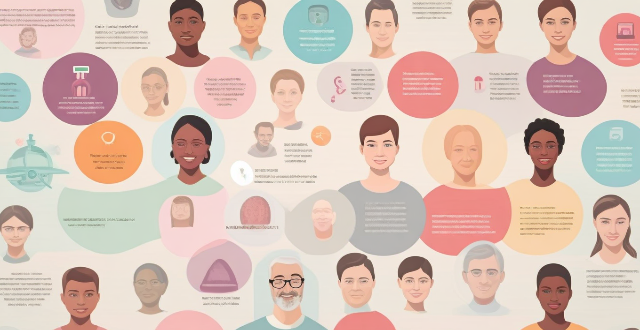Global health security faces several key challenges, including emerging infectious diseases, antimicrobial resistance, weak health systems, political instability and conflict, and social determinants of health. These challenges threaten the well-being of people worldwide and require collective efforts to prevent, detect, and respond to infectious diseases that threaten human health.

Key Challenges Facing Global Health Security Today
Global health security is a critical issue that affects the well-being of people worldwide. It refers to the collective effort of governments, international organizations, and civil society to prevent, detect, and respond to infectious diseases that threaten human health. Despite significant progress in recent years, several key challenges continue to pose threats to global health security. These challenges include:
1. Emerging Infectious Diseases
Emerging infectious diseases are caused by pathogens such as viruses, bacteria, and parasites that have recently appeared or re-emerged in human populations. Examples include COVID-19, Ebola, Zika virus, and H1N1 influenza. The rapid spread of these diseases can be attributed to various factors, including global travel, climate change, and changes in land use patterns.
Key Points:
- Rapid spread: Emerging infectious diseases can spread quickly across borders due to increased global travel.
- Climate change: Changes in temperature and precipitation patterns can affect the distribution and abundance of vectors and reservoirs of disease.
- Land use changes: Deforestation, urbanization, and agricultural expansion can lead to increased contact between humans and wildlife, facilitating the transmission of zoonotic diseases.
2. Antimicrobial Resistance (AMR)
Antimicrobial resistance occurs when microbes develop the ability to resist the effects of antibiotics and other antimicrobial agents used to treat infections. AMR is a growing threat to public health, as it reduces the effectiveness of treatments for common infections and increases the risk of complications and death.
Key Points:
- Overuse and misuse of antibiotics: The overuse and misuse of antibiotics in humans and animals contribute to the development and spread of resistant bacteria.
- Limited new drugs: Few new antibiotics are being developed, making it challenging to keep up with the evolution of resistant bacteria.
- Global impact: AMR affects all regions of the world, with low- and middle-income countries often facing the greatest challenges due to limited resources and infrastructure.
3. Weak Health Systems
Weak health systems can exacerbate the impact of infectious diseases on populations. Many countries lack adequate funding, trained personnel, and essential medical supplies to effectively prevent, detect, and respond to outbreaks.
Key Points:
- Inadequate funding: Limited financial resources hinder efforts to strengthen health systems, leading to insufficient capacity to manage disease outbreaks.
- Personnel shortages: A shortage of trained healthcare workers, particularly in rural areas, undermines efforts to provide timely diagnosis and treatment for infectious diseases.
- Infrastructure gaps: Inadequate laboratory facilities, transportation networks, and communication systems impede disease surveillance and response activities.
4. Political Instability and Conflict
Political instability and armed conflict can disrupt health systems and exacerbate the spread of infectious diseases. These situations often result in displacement of populations, breakdown of essential services, and increased risk of disease transmission.
Key Points:
- Population displacement: Refugees and internally displaced persons may face increased exposure to infectious diseases due to poor living conditions and limited access to healthcare services.
- Breakdown of services: Conflict can lead to the destruction of healthcare facilities and interruption of disease surveillance and control programs.
- Increased risk of disease transmission: Overcrowded shelters and unsanitary conditions can facilitate the spread of communicable diseases among affected populations.
5. Social Determinants of Health
Social determinants of health refer to the conditions in which people are born, grow, live, work, and age. These factors significantly influence individual and community health outcomes and can contribute to the spread and impact of infectious diseases.
Key Points:
- Poverty: Poverty is associated with poor housing conditions, inadequate nutrition, and limited access to healthcare services, increasing vulnerability to infectious diseases.
- Education: Low levels of education can lead to reduced awareness about disease prevention and control measures, hindering efforts to contain outbreaks.
- Gender inequality: Gender-based discrimination can limit women's access to healthcare services and decision-making power within households, contributing to higher rates of disease transmission among women and children.